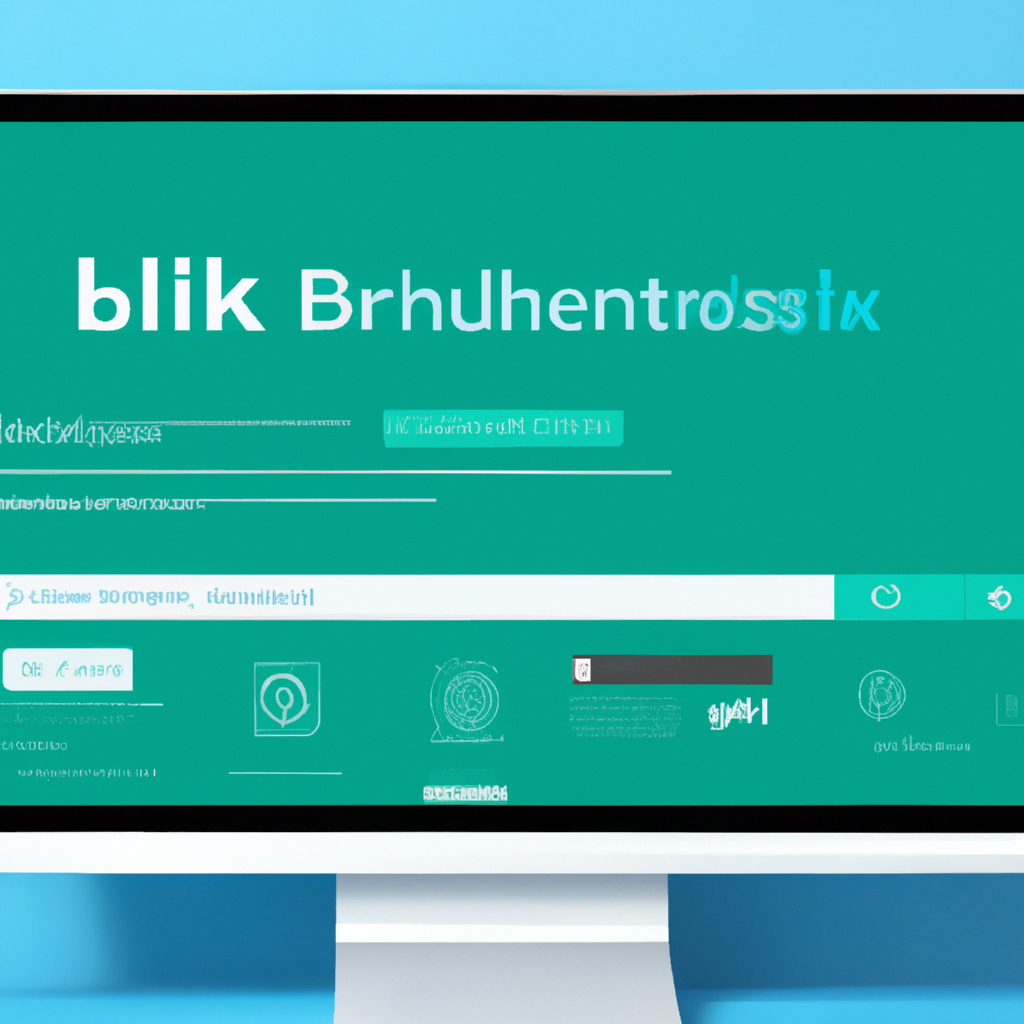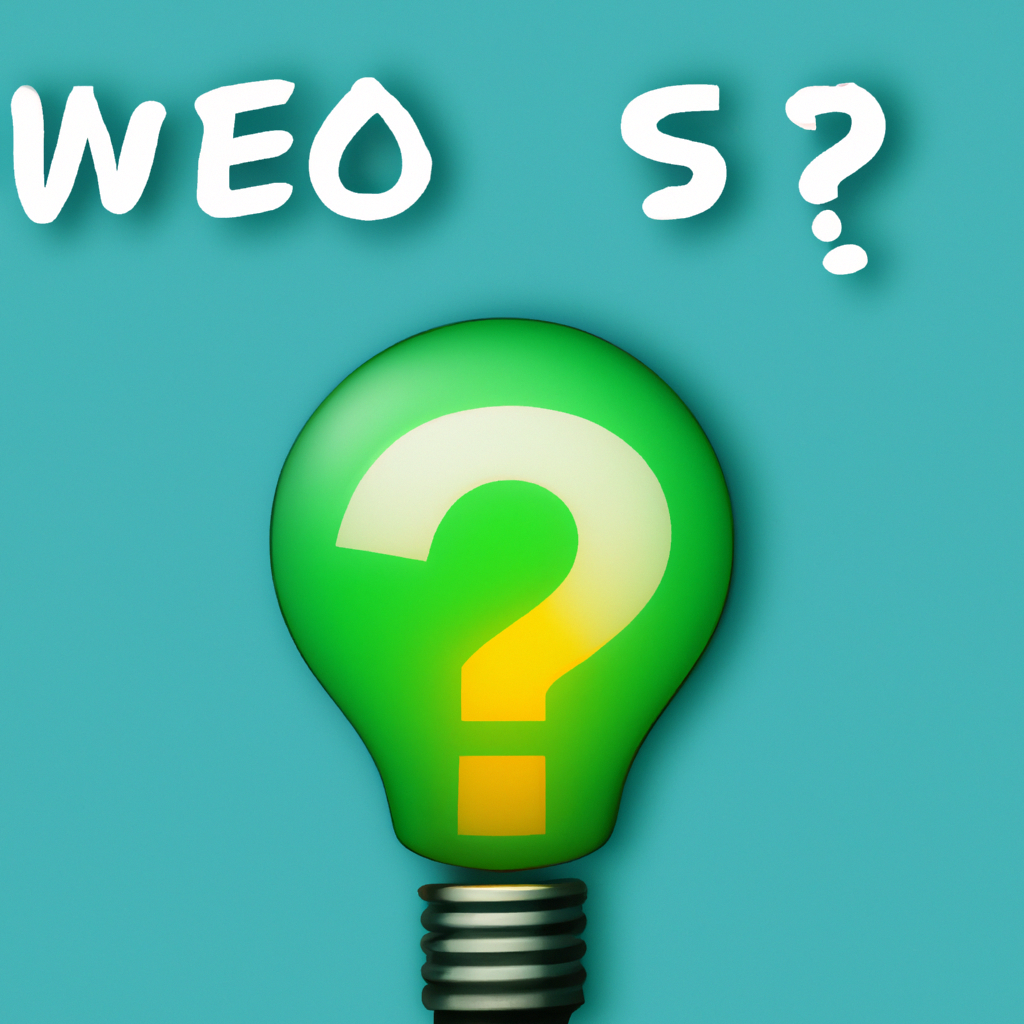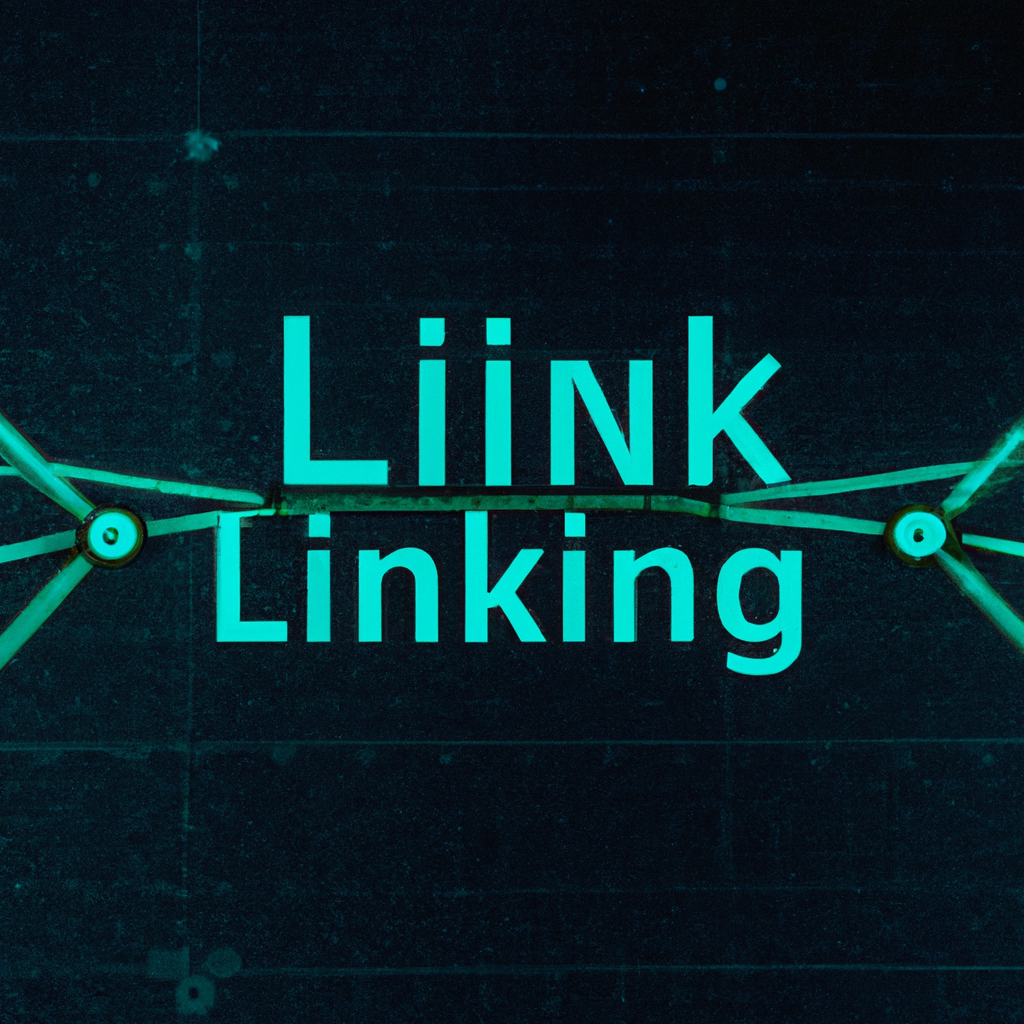What is Google EEAT
Key Takeaway:
- E-E-A-T is an important concept in Google’s search quality rating guidelines that stands for expertise, authoritativeness, and trustworthiness. It is crucial for websites to demonstrate E-E-A-T in their content in order to rank well on Google.
- First-hand experience and expertise are key components of E-E-A-T and should be demonstrated in content creation through personal anecdotes, data, and research. Including expert opinions and citations can also enhance the credibility and authority of the content.
- To establish authoritativeness and trustworthiness, websites should focus on building a strong online presence, using quality sources to support their content, and ensuring accuracy and transparency.
Introduction to E-A-T and E-E-A-T
E-A-T and E-E-A-T are two important ideas for online businesses to know. E-A-T stands for Expertise, Authoritativeness, and Trustworthiness. E-E-A-T includes Experience. Google uses them to decide how good a website is.
For a website to be expert, it must have content written by experts. This helps make sure the info is correct and of high quality. To get trustworthiness, a website needs to be reliable, honest, and have a good name.
User experience is vital for a website that people like. By making the user experience better, online businesses can give out the right info and keep customers happy.
To improve their search engine rankings, online businesses must:
- Make top-class content,
- Get backlinks from reliable sites,
- Stay popular, and
- Make user experience amazing.
Doing this will show people they can trust the business and help it succeed.
Understanding the Importance of E-E-A-T in Google’s Search Quality Rater Guidelines
E-A-T stands for Expertise, Authoritativeness, and Trustworthiness. It’s a key factor in Google’s Search Quality Rater Guidelines. When evaluating websites, these criteria help improve search results. E-A-T influences how Google rates a website’s overall quality and whether it should rank high or not.
Expertise looks at the knowledge and skill of a website or its writers in a specific field. It considers educational background, work experience, and content quality and relevance. Authoritativeness assesses a website’s reputation and its ability to be a reliable source. Trustworthiness evaluates the accuracy and reliability of the information on the site. It also checks if the website has a positive or negative reputation.
Besides these criteria, Search Quality Raters also review other details when assessing E-A-T. These cover high-quality sources, honesty and transparency in the content, and ethical guidelines. Website owners and creators who want to get high rankings in Google must understand the importance of E-A-T in Search Quality Rater Guidelines. This means they need to produce top-notch content that is relevant, trustworthy, and authoritative.
Experience: An Essential Component of E-E-A-T
Did you know that first-hand experience plays a crucial role in content creation? In this section, we’ll focus on the role of experience in E-A-T, particularly in the context of creating content that audiences can trust. We’ll explore how to demonstrate first-hand experience in your content and the value it brings to your readers.
The Value of First-Hand Experience in Content Creation
Writing great content requires first-hand experience. Knowing and doing something lets you share valuable knowledge with readers. Showing you’re an expert in your niche means having first-hand experience. Share your experiences, successes and failures, to stand out from novice writers.
You can add more value to your content by adding personal anecdotes. This helps readers empathize and adds a personal touch. Writing about topics you’re passionate about adds authenticity and engages readers more.
Having first-hand experience in content creation provides informational and personable value. To upgrade your content and E-A-T score, get involved and share your personal experiences and insights.
How to Demonstrate First-Hand Experience in Your Content
Demonstrating first-hand experience is essential for E-A-T. To show yourself as an expert, you need to share your knowledge and proficiency in a certain field. One way to do this is by giving real-life stories, examples, and anecdotes that prove your understanding.
Apart from anecdotes, there are other ways to demonstrate first-hand experience:
- Doing research from trustworthy sources;
- Interviewing experts;
- Using industry-specific certifications to prove your proficiency;
- Giving useful tips and practical advice;
- Answering frequently asked questions.
Trustworthiness doesn’t just come from theoretical discussions. You must have a wide view of how your expertise impacts society. Thinking critically and assessing information objectively is key. Presenting your unique perspectives on current issues such as finances, health, and the environment is needed.
These practices are vital for E-A-T. They give readers valuable insights and show you as a reliable source of accurate information. Remember, expertise isn’t only about what you know, but also how you present it. These tips can help you display your knowledge effectively in your E-A-T content.
Expertise: Another Critical Component of E-E-A-T
When it comes to Google’s E-A-T, we all know that ‘expertise’ is a crucial component. In this section, we’ll discuss the significance of demonstrating expertise in your content and how it can impact your website’s overall ranking potential. From showcasing your expertise through informative content to emphasizing expert opinions and citations, we’ll explore the various ways you can establish your website as a credible source in your industry.
How to Show Your Expertise in Your Content
Expertise is a major part of E-E-A-T. To show your expertise, you must create content with valuable, detailed, and actionable info.
Do research first. Use authoritative sources for claims. Incorporate relevant terminology and jargon into writing naturally.
To display your expertise further, use industry-leading metrics like search volume, domain rights, and top keyword terms. This helps to build credibility with readers and can result in higher rankings over time.
Demonstrating expertise requires clear understanding of the topic and authoritative sources combined with technical language. Provide valuable content via expert content curation and follow SEO best practices, like those found in Google News. This helps to build trust among your audience and establish yourself as an authority.
The Role of Expert Opinions and Citations in Demonstrating Expertise
Gaining expertise is essential for E-E-A-T. One way to show it is via expert opinions and citations from reliable sources. Expert opinions are statements or views from authoritative figures in a field, revealing the author’s knowledge of key people and organizations in that area. Citations, on the other hand, are referencing credible sources which back up claims made in content.
To prove credibility and expertise, authors should use citations from trustworthy sources. This shows they respect established facts while advocating their version. The right citation earns trust from readers and search engines, since the sourced material only results in proven outcomes. Citing relevant resources with useful info and data will make readers trust any legally stated claim.
Credible references must come from known experts in their fields, who are recognised for their research or ideas related to the topic being explored. Finding proper learning resources is always changing. Authors need to keep them researched by reading top-rated articles and e-books before finalizing projects.
Using both expert opinions and authorised citation links builds trust and accredits an author’s skill level. This makes content more convincing than others online. Expert-level knowledge is necessary when involving an author on the web platform; they must show high professionalism that exceeds user expectations.
Establishing trust and authority is vital for improving E-E-A-T and ranking well in Google’s search results.
Authoritativeness and Trustworthiness: Key Components of E-E-A-T
To rank high on the Google Search Results, your website should demonstrate expertise, authoritativeness, and trustworthiness. In this section, we’ll focus on the two components that are critical – authoritativeness and trustworthiness. We’ll discuss tips for establishing authoritativeness in your niche and building trust with your audience while ensuring Google recognizes it. With 53% of all website traffic coming from organic search, you can’t afford to miss these crucial strategies that will help boost your website’s online presence.
Establishing Authoritativeness in Your Niche
E-A-T stands for Expertise, Authoritativeness, and Trustworthiness. It’s key to be an authority in your niche. To do this, create top-notch content which is well-researched, and provide valuable insights. Support your assertions with reliable sources and expert opinions. Be transparent about partnerships and sponsorships. Show consistency in your brand message on various platforms. Having experience in the field will give you a big boost. Publishing work over long periods confirms your research. To build trust, ensure a two-way street with your audience and Google.
Building Trust with Your Audience and Google
Achieving success in Google’s algorithm? Trustworthiness of your website is a must. Create high-quality content to show authoritativeness, expertise, and reliability. Consistently provide reliable information in your niche to gain a reputation as an authoritative source. Show expertise with relevant knowledge and experience.
Include first-hand experience and expert opinions in your content. Share personal accounts or case studies – show direct knowledge. Expert opinions from reputable sources demonstrate understanding of the field and provide insight into industry trends.
Create an appealing website design with clear navigation. Use reliable sources. Avoid common mistakes like plagiarism and broken links. All this improves E-E-A-T.
Craft content to highlight expertise and build trust. This boosts E-E-A-T and climbs the ranks in Google’s search engine. Create high-quality content and showcase your knowledge. Establish yourself as an authoritative source in your niche and build trust with audience and Google.
Creating E-E-A-T Friendly Content
Creating E-E-A-T friendly content requires a deep understanding of what it takes to meet Google’s ever-evolving standards. In this section, we’ll provide you with tips on how to create quality content that improves your E-A-T score. We’ll also point out common mistakes that you should avoid to ensure your content is well-received by Google. With the right knowledge and approach, you can create content that offers value to both your site visitors and search engine algorithms.
Tips on Creating Quality Content to Improve E-E-A-T
Creating top-notch content is essential for bettering E-E-A-T. This stands for Expertise, Authoritativeness, and Trustworthiness. If you want to up your E-E-A-T, here’s some advice on creating quality content. Quality content not only exhibits the creator’s expertise but also builds the trust of readers and Google, which can result in higher rankings on search engines. It needs a balance of experience, expertise, authoritativeness, and trustworthiness.
To make high-grade content that enhances E-E-A-T, it must be based on first-hand experience. Draw from personal experiences or research experiences of others in great detail. Combining data and anecdotes will strengthen credibility and trustworthiness in the post. Write insights that offer original value to readers by describing complicated ideas with straightforward examples.
The key to displaying expertise in your content is to give thorough analysis using concrete facts or precise figures regarding your subject. Back up these claims by quoting reliable sources such as scholastic papers or recognized industry experts’ opinions. Use precise words appropriate for technical subjects to show expert-level understanding.
Being authoritative is necessary to get high-grade leads through conversions on your website or blog traffic with useful copywriting efforts like e-books or whitepapers conversion copywriting Services. Confirm these efforts with exclusive information that expands the reader’s knowledge base and reveals a wealth of knowledge in your niche.
When writing content for E-E-A-T improvement, avoid wrong claims of falsehoods that may damage the dependable character of the website/brand’s image as a source for correct info. It’s worth noting that tracking E-E-A-T metrics lets individuals and companies measure improvements in their SEO standing while following Google’s quality guidelines. Using tools and conducting tests can measure search visibility rates against competitor sites and decide if any area is lacking in authority/trustworthiness compared to competitors. Staying away from these ordinary mistakes can guarantee your content is EEAT-friendly and won’t affect your SEO efforts.
Common Mistakes to Avoid
It’s important to consider the E-E-A-T principle when producing content. E-E-A-T stands for Expertise, Authority and Trustworthiness. To avoid common mistakes that can damage these scores, here are 6 points to consider:
- Using poor-quality sources or old info
- Not providing deep analysis and comment on industry topics
- Misleading or inaccurate content
- Copying or plagiarizing other content without proper citing
- Focusing too much on selling products or services, instead of offering value to the audience
- Inconsistent publishing of new content
Google’s search quality rater guidelines provide pointers on curating and creating quality content. Plus, staying away from these mistakes can help keep your content relevant, informative and trustworthy.
Always source trustworthy information from reputable websites. Also, personal anecdotes and examples help make an article authentic.
Having a strong online presence via social media engagement and good reviews builds authority and trustworthiness. Additionally, ensure your website follows basic technical SEO requirements like proper site architecture for crawlers to read it.
Create content which is unique and offers valuable insights. Moreover, accurate information builds authoritativeness in your niche.
By following these tips, you’ll increase traffic and great E-A-T scores will lead to higher rankings.
Tracking E-E-A-T For Improved SEO
Tracking E-E-A-T for improved SEO can be challenging, but is crucial for ranking success. In this segment, we’ll explore how measuring E-E-A-T metrics and utilizing tools for tracking E-E-A-T can help improve your website’s search engine optimization.
Measuring E-E-A-T Metrics
Analyzing E-E-A-T metrics is essential for SEO success. E-E-A-T stands for Expertise, Authoritativeness, and Trustworthiness. To ensure high-quality content, these three elements must be considered.
To measure E-E-A-T, the authority of an individual or website in their niche must be determined. This involves checking if the content creator has expertise and knowledge in the field and how they compare with competitors.
Also, citations from other domains and social media must be tracked. This shows the level of expertise and authoritativeness. Measuring E-E-A-T is difficult since Google lacks specific tools.
However, some useful tools exist for monitoring domain authority, backlinks from authoritative sources, customer reviews on third-party review sites, etc. Enhancing E-E-A-T performance takes time, as it requires accuracy, quality content, relevant keywords, and expertise in the niche.
Google’s Search Quality Rater Guidelines state that “the quality of the website represents expertise for the purpose of satisfying user needs“. Thus, focus on quality content and expertise to improve search engine rankings. Track your progress with E-E-A-T monitoring tools.
Tools for Tracking E-E-A-T
For better SEO, tracking E-E-A-T (Expertise, Authoritativeness and Trustworthiness) is key. There are advanced tools to measure this. For example, Google Search Console offers page speed, page ranking, click-through rate reports, etc. Ahrefs site explorer tool helps evaluate backlink profiles and research keywords. Moz’s domain and authority checker tool can measure a website’s authority and its sub-pages, while BuzzSumo monitors social media shares to find the top content in any niche.
Semrush can track organic visibility of campaigns, and Yandex Metrica can track user behavior, demographics, session recordings, heatmaps to optimize the website for conversions. Schema Markup can help with question answering for voice search queries, improving images or videos, and organizing data to avoid duplication or errors in HTML codes.
Backlinko data shows that websites with quality content have 30% longer viewing time than those without. Therefore, using the right tools to track E-E-A-T can improve SEO and website traffic.
Conclusion: The Future of E-E-A-T and SEO Optimization
Google’s E-A-T is the new “it” factor in SEO optimization. It stands for Expertise, Authoritativeness, and Trustworthiness. This concept is meant to provide high-quality content to users. It is vital to understand its influence on SEO optimization.
Content credibility is of utmost importance. Writers need to prove their expertise in the field. This establishes authoritativeness and trustworthiness. Additionally, Google values user-generated signals such as page views, bounce rates, and dwell time.
To enhance SEO optimization, it is advised to regularly update content and cite reliable sources. Also, incorporating a clear author bio with the writer’s credentials builds trust.
In a nutshell, the future of E-A-T and SEO optimization is about creating quality content, satisfying user intent, and gaining readers’ trust. It is key to keep up with Google’s requirements and adjust strategies accordingly.
Some Facts About What Is Google EEAT:
- ✅ E-E-A-T is an acronym that stands for “Experience, Expertise, Authoritativeness, and Trustworthiness.” (Source: Team Research)
- ✅ E-E-A-T is important in SEO as Google wants to serve results with strong E-E-A-T. (Source: Team Research)
- ✅ E-E-A-T can improve user trust and lead to more conversions on a site. (Source: Team Research)
- ✅ Google updates the Search Quality Rater Guidelines approximately once per year, with E-A-T being added in March 2014 and an extra “E” for “Experience” being added in December 2022. (Source: Team Research and Google Developers)
- ✅ The four components of E-E-A-T are Experience, Expertise, Authoritativeness, and Trustworthiness. (Source: Team Research and Google Developers)
FAQs about What Is Google Eeat
What is Google EEAT and why is it important for SEO?
Google EEAT stands for Experience, Expertise, Authoritativeness, and Trustworthiness. It is part of Google’s Search Quality Rater Guidelines and is used to evaluate search ranking systems. Although not a direct ranking factor, having strong EEAT can improve user trust and lead to more conversions on a site. Therefore, it is essential for SEO to prioritize aspects of EEAT when creating content and building their site’s authority.
What is YMYL and how does it relate to EEAT?
YMYL stands for “Your Money or Your Life” topics, which refer to content that can significantly impact a person’s financial or physical well-being. Google places a high emphasis on EEAT for YMYL content as it can have a real-world impact on users. It is crucial for content creators publishing YMYL topics to demonstrate high levels of expertise, authoritativeness, and trustworthiness to establish credibility and build user trust.
What is a link-building tool, and how does it relate to EEAT?
A link-building tool is a software program or service that helps content creators identify and suggest potential link-building opportunities. While backlinks are a crucial aspect of SEO, Google prioritizes the quality over quantity of the links. Therefore, the relevance and authority of the linked site must be considered, and the links must be sourced from trustworthy sites with high levels of expertise, authoritativeness, and trustworthiness, i.e., significant EEAT.
What is the relationship between authoritativeness and trustworthiness in terms of EEAT?
Authoritativeness and trustworthiness are two components of EEAT that work hand in hand. While authoritativeness demonstrates a high level of knowledge and expertise in a particular field, trustworthiness showcases the creator’s ethical standards and credibility. Therefore, Google’s search quality rater guidelines prioritize both aspects to ensure that the content creators possess a comprehensive understanding of their topics, coupled with high moral values.
What is the meaning of E-A-T, and how has it been upgraded to E-E-A-T?
Initially, E-A-T stood for Expertise, Authoritativeness, and Trustworthiness, but Google updated it with an additional “E” for Experience (E-E-A-T). This change reflects the importance of first-hand experience, especially in YMYL topics, in assessing search results. Content produced with first-hand experience is valuable in demonstrating authenticity and building user trust. Therefore, it is crucial for content creators to provide original and helpful content from diverse sources.
What is the significance of the chapters on EEAT in Google’s search quality rater guidelines?
The chapters on EEAT in Google’s search quality rater guidelines evaluate the levels of EEAT demonstrated in content from high to low. These chapters aim to capture the nuances of how people look for information and the diversity of quality information available, reflecting the significance of providing comprehensive and high-quality content while building a site’s authority and credibility. Adhering to these guidelines is essential in achieving a high ranking on Google’s SERPs and improving site traffic and conversion rates.







